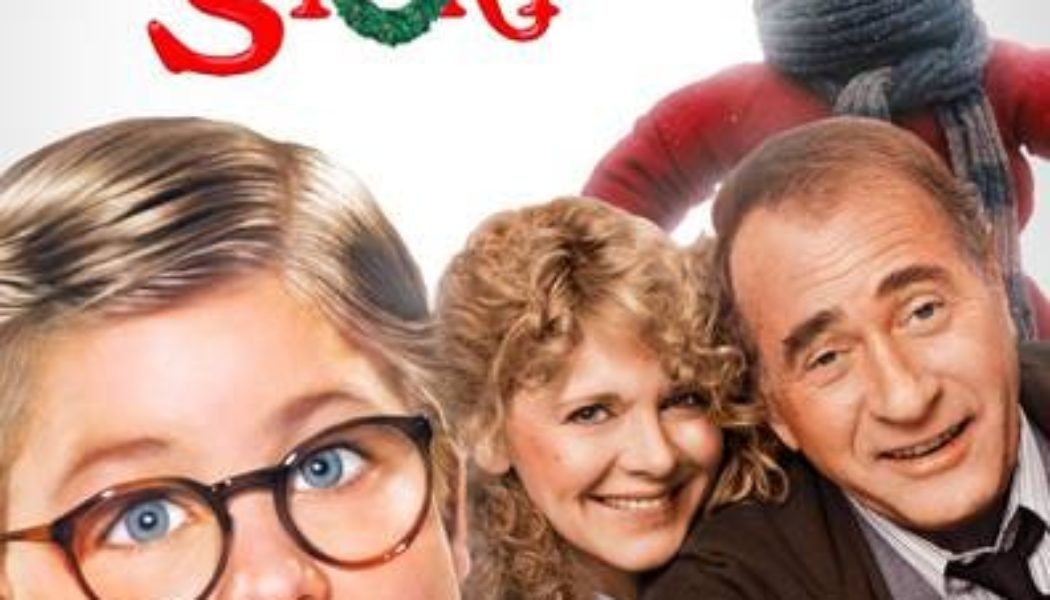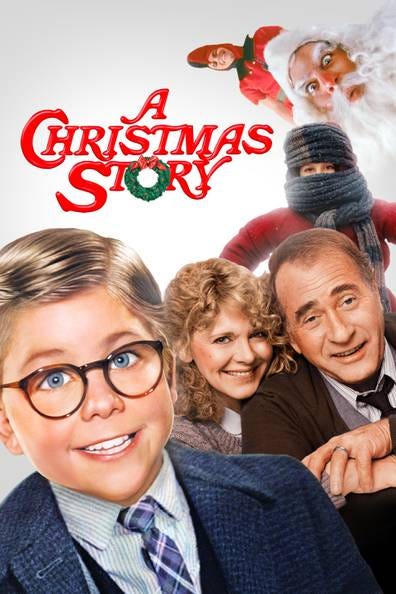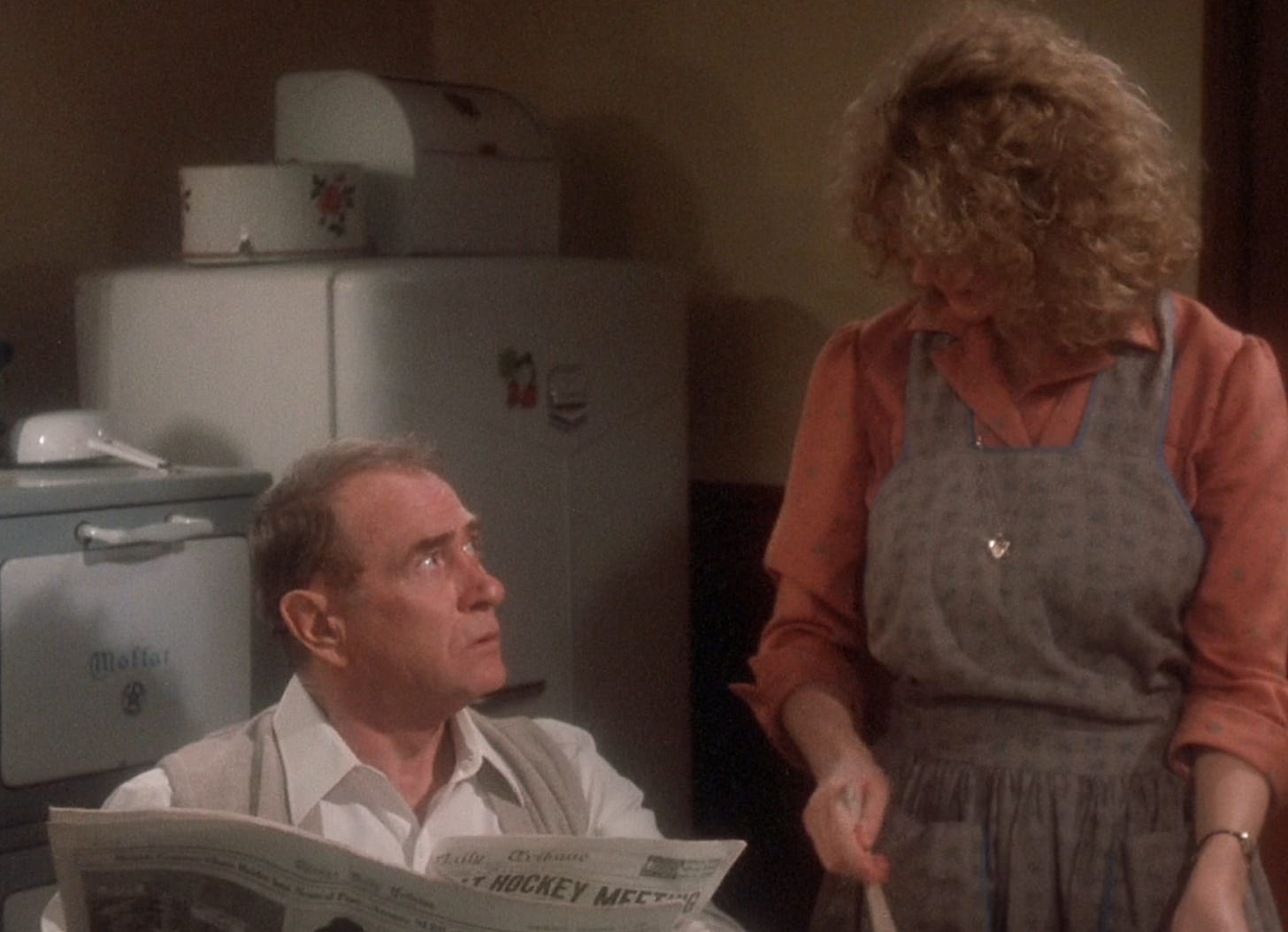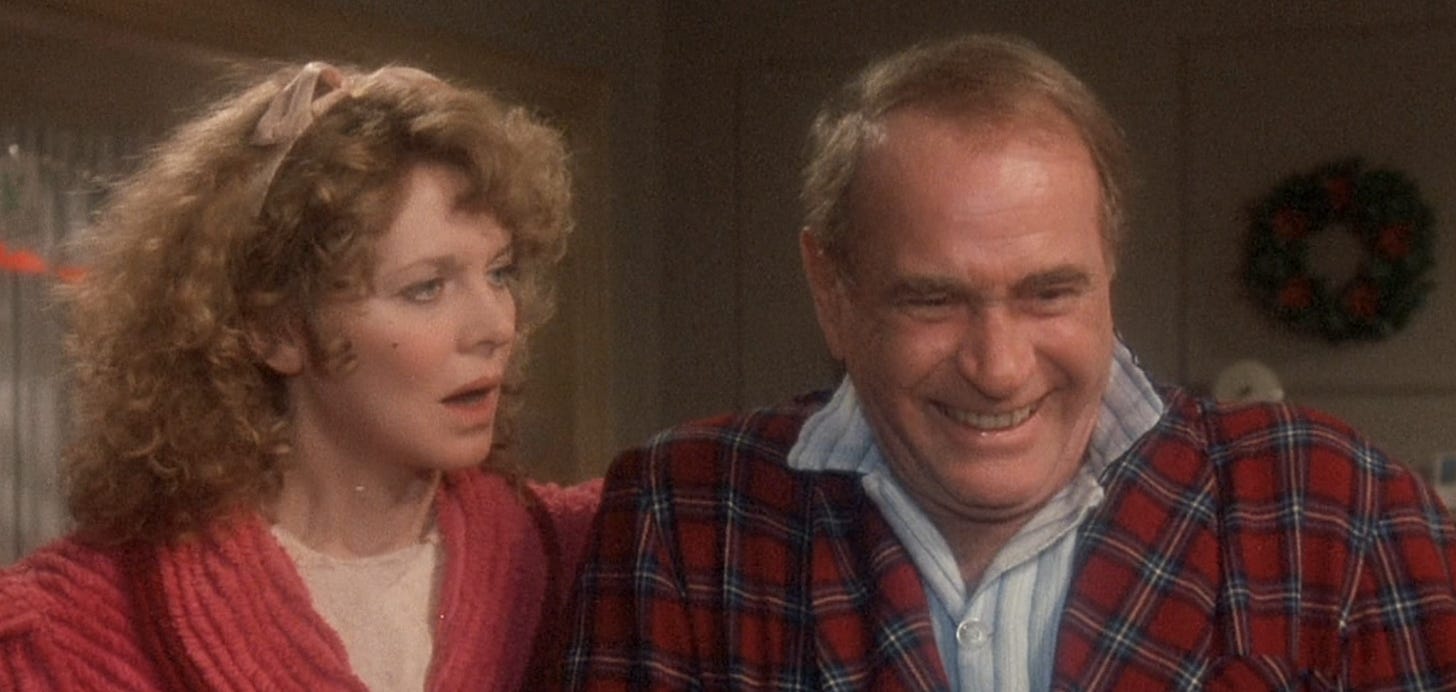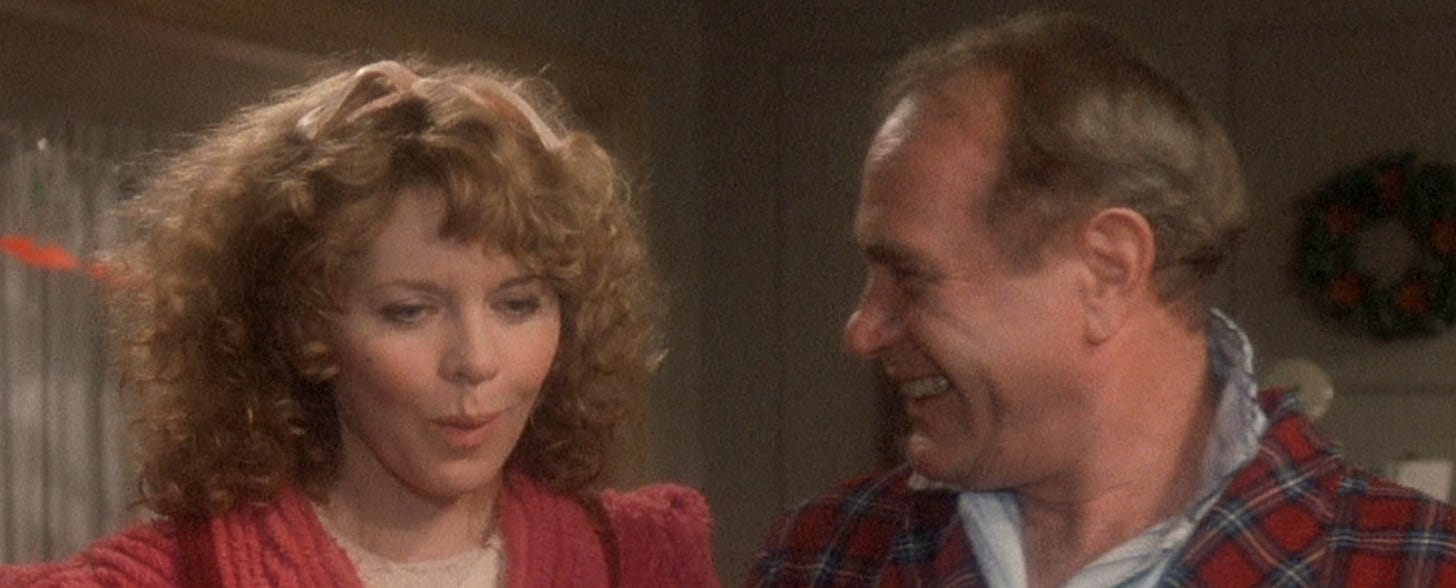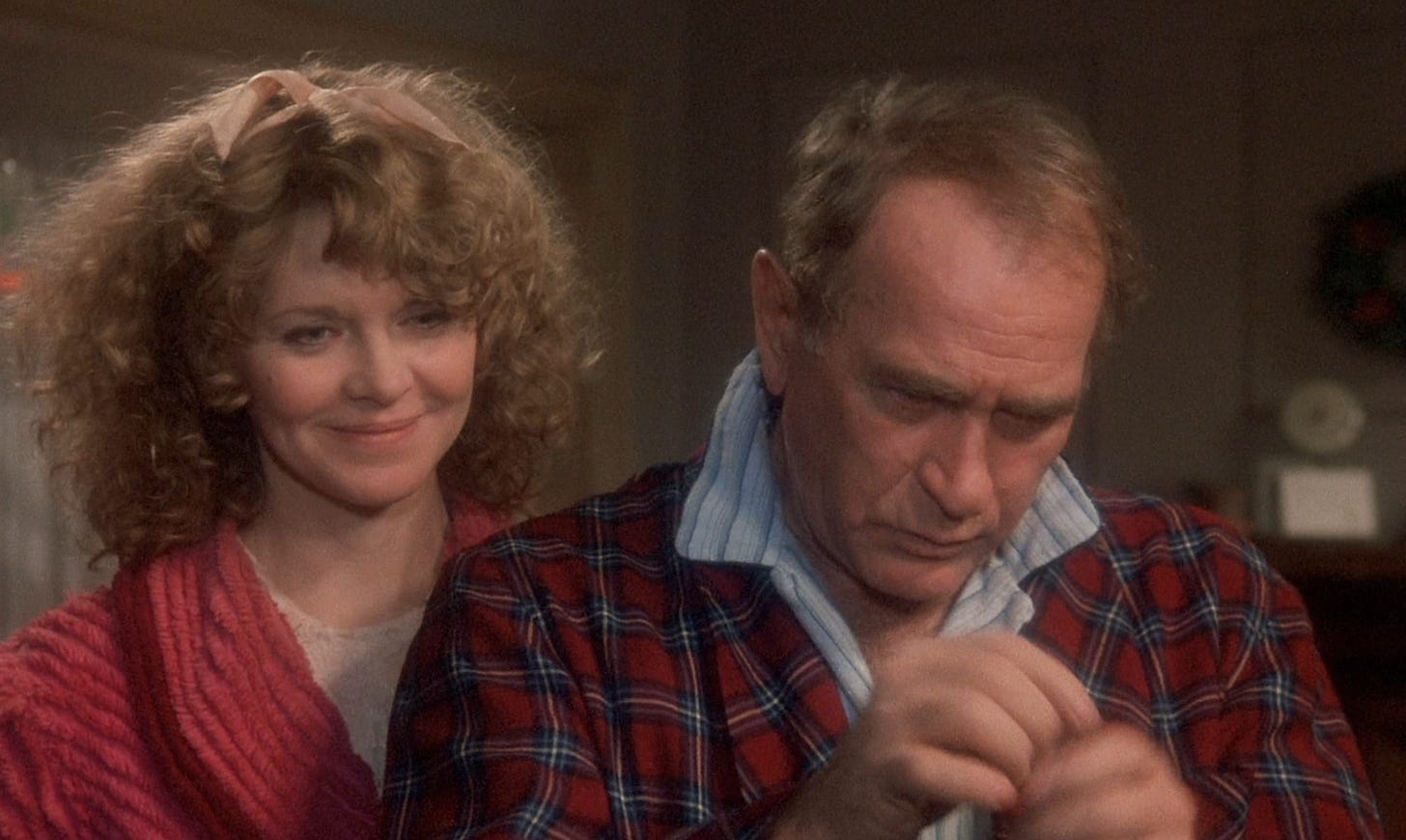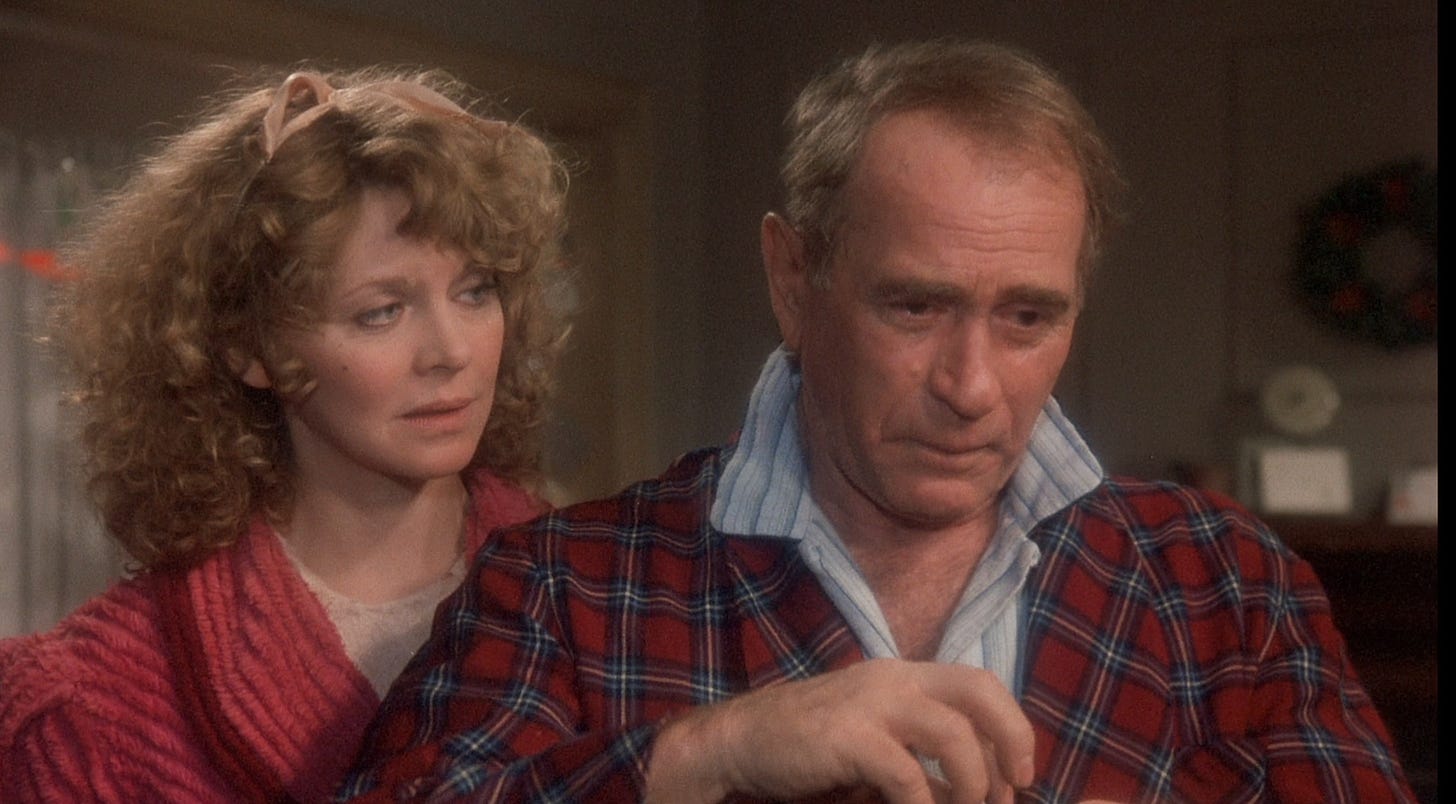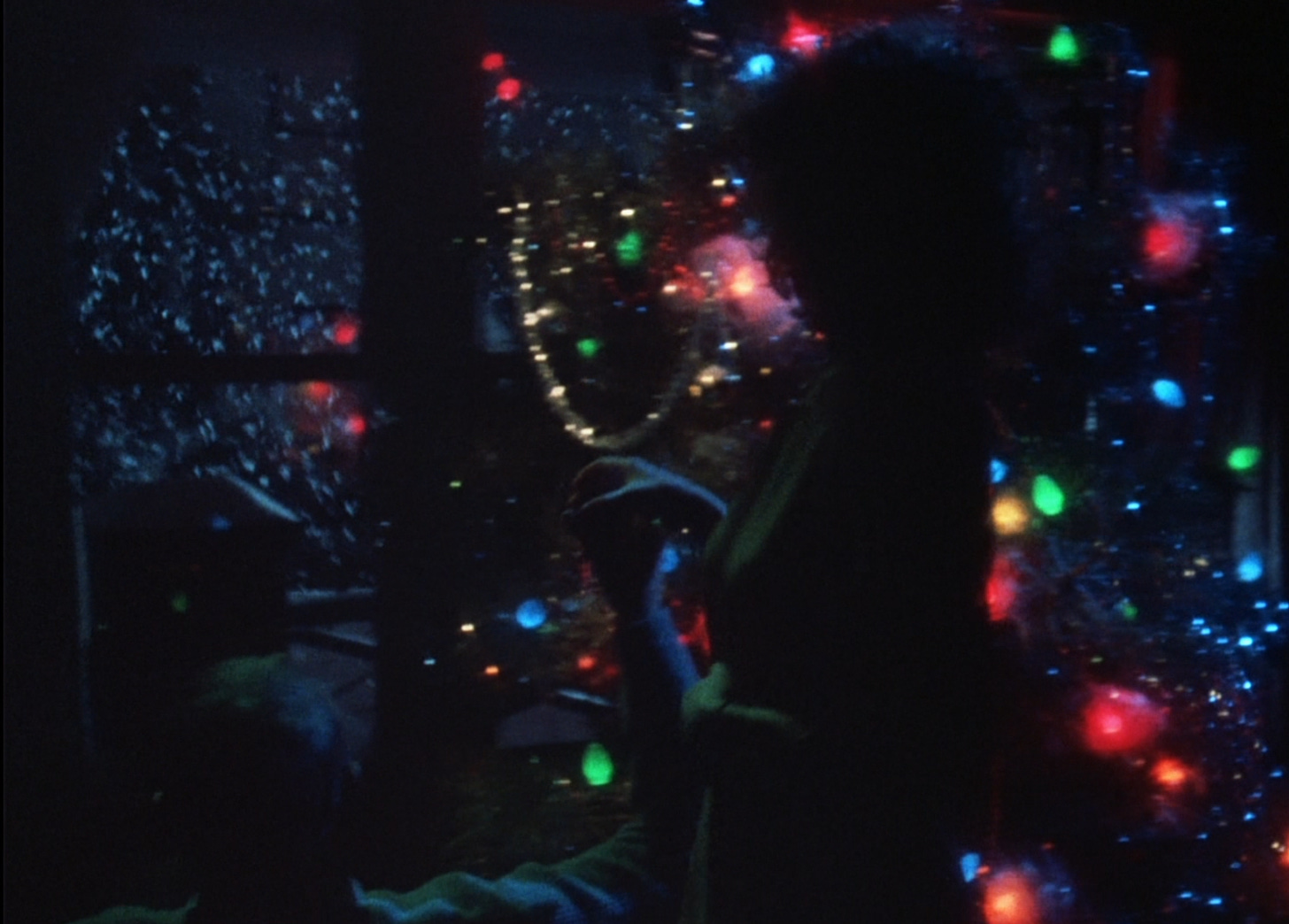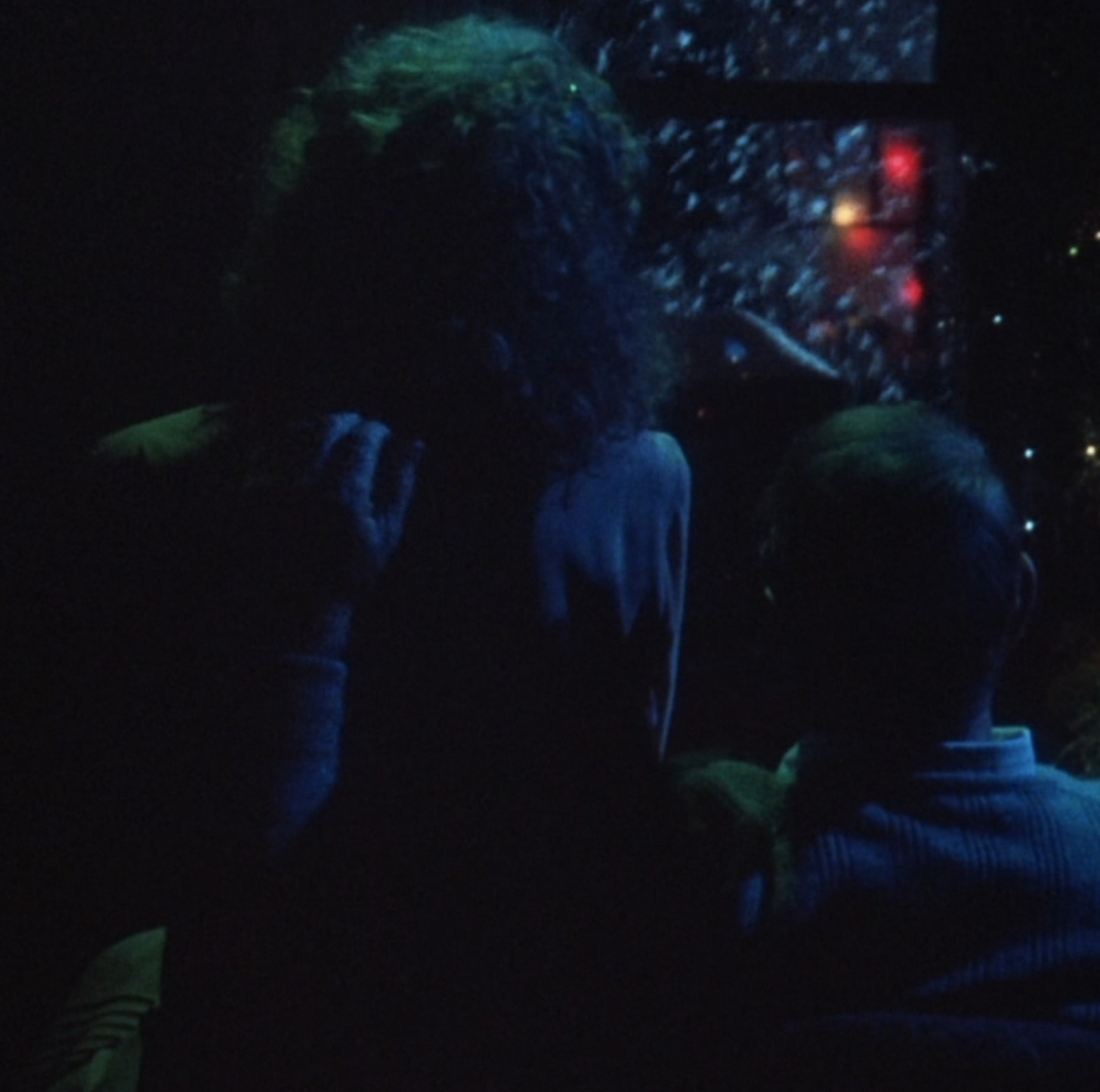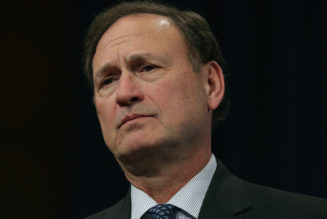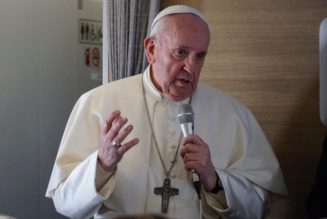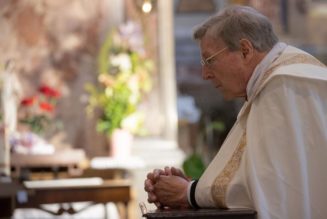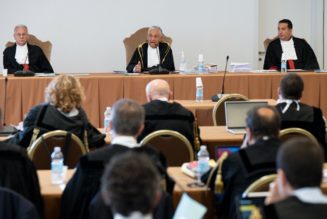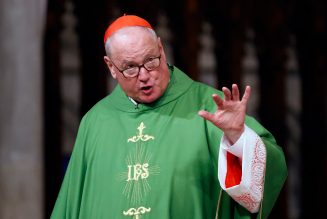It’s a common trope for movies these days to replay scenes from earlier in the movie, as they explain why characters did certain things. “This is what the *real* importance of this scene was” they tell us, somewhat unsubtly.
Maybe I needed the unsubtle treatment, because until recently, I had missed a pretty fundamental character trait of The Old Man. I first saw the movie when I was child, and so I’ve always viewed him through the eyes of Ralphie. Now that I’m a father and much closer to The Old Man’s age than to Ralphie’s, watching him in those scenes had me finally exclaiming, “*That’s* the importance of that scene!”
We’re first introduced to The Old Man as he reads the newspaper. We’re meant to find him comically dopey. He exclaims that the story of a man swallowing a yo-yo is “real news! It’s not like that politics slop!” In the next breath he names the Lone Ranger’s horse as a great character in American literature. The next time we see him, he’s fighting with his Oldsmobile, just before he immediately starts fighting the perennial Battle Of The Furnace. Later, he revels in changing a tire. “Actually, my old man loved it. He always saw himself in the pits of the Indianapolis Speedway at the 500.” Finally, of course, is the pride he takes in winning his “major award.”
These major scenes paint a clear picture for us of a man who is seemingly off in his own world, somewhat oblivious to the goings on of his family.
At least, that’s what I used to think. I missed the other scenes. The small, seemingly throw-away lines that paint quite a different picture of The Old Man. Like the scene when Ralphie believes his father will kill him for breaking his glasses. Ralphie sits at the table, and his father immediately asks “Well, what happened today? Where are your glasses.” Nobody mentions that the glasses are missing, he just immediately notices his son isn’t wearing them. This would seem out of character for someone who is oblivious to what his family is doing. After Mom hands Ralphie his old pair of glasses, once again the Old Man asks “What else happened today?” When Mom mentions that Ralphie had a fight, with evident concern he asks, “What kind of fight?” Mom explains she talked to Ralphie and “You know how boys are.” Mom then deftly changes the subject by mentioning the football game on Sunday. However, there’s a beat after she mentions this where he looks at Ralphie, and then looks from Ralphie to his wife. Another beat. They stare at each other for a second. Finally, he mentions he wishes he had tickets to the game as well. I don’t think this beat and look between husband and wife is a coincidence. I think it’s a husband who understands when his wife is really saying to him, “Maybe we should talk about this later.”
Later, after Ralphie is told by Santa that “You’ll shoot your eye out,” the Old Man asks him “Did you see Santa? Did you tell him what you want?” Ralphie says he did. Then the Old Man asks him “Did he ask you if you’ve been a good boy all year?” When Ralphie says “No,” The Old Man chuckles and tells him “Don’t worry. He knows. He always knows.” Of course, The Old Man is referring to himself here. This is by no means a throwaway line. Rather, it a sign of The Old Man’s real character trait. And that is, he isn’t the aloof father living in his own world. He knows everything that’s going on with his family. “He always knows.” Ralphie never saw it. I didn’t either.
How closely is The Old Man observing everything in his home? Consider the scene of Christmas morning, when Randy says “I wanna play Santa.” It’s The Old Man, not Mom, who remarks, “Wait a minute Randy, you played Santa last year.” Again, you might see this as a small throwaway line, but it’s not. It’s proving that The Old Man remembers tiny details like what his children did a year ago. In fact, later on that morning the Old Man says “Look at this mess. Who’s gonna clean the papers up?” When Ralphie says, “Not me,” once again the Old Man remembers what happened last Christmas and says “Randy did it last year.”
Friends, I can’t remember which of my children did the dishes yesterday, let alone who performed a chore a full year before.
The Old Man remembers.
Finally, we come to the Old Man’s finest moment. Earlier in the movie, in the very first scene where we are introduced to the Old Man, he excuses himself from breakfast as he tells his family he’ll be late for work. This is important because soon after he leaves, Ralphie tells his mother that he wants a BB gun for Christmas. His father never hears the request. Ralphie puts the sales pitch for the BB gun in his mother’s magazine, not his father’s. Ralphie told every adult he could think of that he wanted a BB gun for Christmas. Every adult except for one. He never told his Old Man. As far as we know, Ralphie’s dad was never told what his heart’s desire was. And yet, “He knows. He always knows.”
The most beautiful scene of the movie takes place as the Old Man watches Ralphie unwrap the present. He’s sitting on the couch holding a glass of wine, but that won’t do. He’s so excited for his son, that he puts his glass down and stands up because he is so thrilled on behalf of Ralphie.
He literally shakes with joy and mirth as his son exclaims “Wow!” Then, he looks at his wife to share his joy with her as well.
One can see the Old Man as a child once more as he motions to Ralphie how to operate the BB gun—remembering and miming the motion he himself would have performed as a young boy, many years ago—now seeing himself reflected in his young son.
After Ralphie loads the gun, he again mimics the motion necessary to Ralphie. “Close it up.”
Notice that here, Mom has gone from smiling at Ralphie to looking at dad. She’s noticing here his demeanor. Namely, his pure unbridled joy at sharing a deeply beloved memory and gift with his son. This is the beautiful expression of a wife remembering, once again, who her husband really is.
One final note about this scene. Ralphie never says “Thank you” to The Old Man. When Mom asks “What did we put over there?” he replies, “Santa Claus probably brought it.” For all we know, Ralphie may have actually believed Santa did bring it. After all, the one person Ralphie didn’t ask was his dad. Santa at least had the benefit of knowing what he wanted, his Old Man did not. It’s telling that The Old Man doesn’t feel the need to claim recognition for giving this gift. He’s simply happy for his son.
That is reward enough.
In the very final moments of the movie, there’s a blink-and-you’ll-miss-it moment. I think it’s one of the most important of the movie though. The Old Man hasn’t missed what his children want, or what they’re doing, despite the fact that we may have originally thought he was in his own world. But what about his wife? Does he see her too? The final scenes gives us the answer.
After the children are snug in their beds, The Old Man sits in the dark, save the light from the Christmas tree, in front of his window, watching the snow fall slowly outside. He says to his wife, “Oh honey, come over here. Look at this.” As she walks over to sit with him, without even turning his head, he holds up a wine glass that she takes as she passes by:
His wife has had her dinner ruined. She’s had a tough day. He knows instinctively that she needs to simply rest and take in the beauty of Christmas night. The unspoken gesture here speaks volumes. “I see you.”
As they toast “Merry Christmas” to each other, the Old Man offers one final gesture to his wife. This is important because it’s the last time we’ll see him in the movie. Slowly, very slowly, the Old Man moves his hand to his wife’s back.
“I know. I see you. And I have your back. I always have.” She slips her arm around his back. They don’t look at each other, but let no one say that they have not seen each other. “And I have yours.”
It is the final image of the Old Man that we are left with.
I don’t know why this wasn’t always the image that I was left with. Instead, I was stuck with the first image of the old man—the bumbling man that seemed to be in his own world. Maybe when we are children we always tend to see our Old Man in this way. Maybe when we become the Old Man, we might realize that very often, it wasn’t that the Old Man didn’t see us, it was us who didn’t see him. Perhaps when we were young we forgot to say “Thank you.” And perhaps the Old Man didn’t expect it. But still, it needs to be said: To all the Old Men out there, thanks for seeing us. And to all of us who are now the Old Man: let’s stop at nothing to see our children, and our wives, and their hearts’ desires. So that in the end we can say, “You needn’t have ever worried. I knew. I always knew.”
Join Our Telegram Group : Salvation & Prosperity
